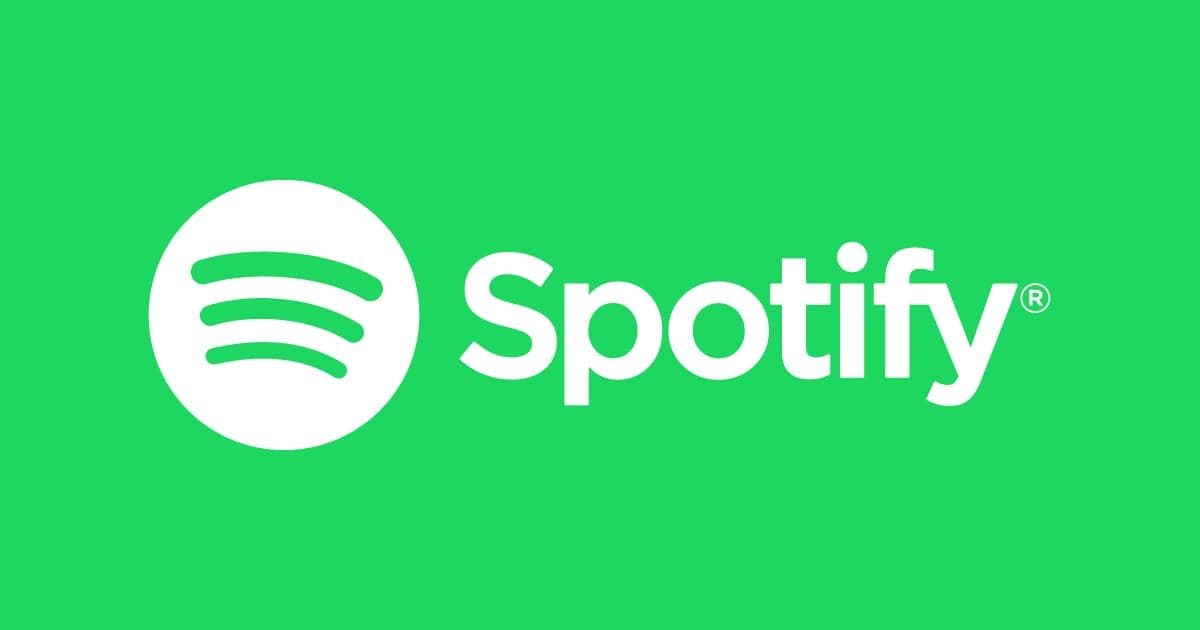Top Stories
Artists Abandon Spotify After Founder’s Military Investment

The music platform Spotify is experiencing a notable exodus of artists following a significant investment made by its founder, Daniel Ek. The investment, totaling €700 million (approximately $750 million), was directed towards Helsing, a company specializing in military artificial intelligence. In response, prominent bands such as Massive Attack, Deerhoof, King Gizzard & The Lizard Wizard, and Xiu Xiu have removed their music catalogs from the service, declaring they “cannot finance deadly technologies” used in conflicts worldwide, including the situation in Gaza.
Massive Attack made headlines as the first major band to withdraw its music from Spotify. The group’s decision stems from Ek’s substantial financial backing of Helsing, which is developing AI-driven weaponry. They stated, “The economic burden long placed on artists is now compounded by a moral and ethical weight,” emphasizing that fan contributions and artists’ hard work ultimately support these technologies. This protest aligns with Massive Attack’s longstanding anti-war stance and connections to renowned artist Banksy.
Financial Concerns Drive Artist Exodus
Greg Sonies, the vocalist for Deerhoof, has previously voiced his dissatisfaction with Spotify’s low payment rates, which have been estimated at around $3 for 1,000 streams. His concerns intensified as the platform shifted focus towards artificial intelligence and podcasts, where right-wing hosts, such as Joe Rogan, secured multi-million dollar contracts while musicians did not. The tipping point occurred when Ek invested profits from music into Helsing, a company that integrates AI into military operations.
Sonies explained the band’s decision to leave Spotify, questioning whether the revenue generated from streams contributes to the military actions seen in Gaza. He noted, “It took us no time to decide that if Daniel Ek is investing in such AI technologies, we should exit Spotify.” He believes many bands are contemplating similar actions, stating, “We would be foolish not to leave; the risk lies in staying.” The ethical implications of profiting from music while associating with military technologies troubled him deeply.
In defense, Spotify claimed that any military applications would be restricted to Ukraine and only for democratic nations. Nevertheless, Ek’s actions have prompted further artist departures, including King Gizzard & The Lizard Wizard, who announced their own withdrawal, urging fans to join them on alternative platforms.
“We just removed our music from Spotify. Can we pressure these tech giants to do better?”
Broader Implications and Future of Spotify
Following Deerhoof’s announcement, the influential avant-garde band Xiu Xiu also indicated plans to remove their music, describing Spotify as a “dumpster fire” and a “violent armageddon.” The Musicians’ Union subsequently criticized Ek’s actions, stating they demonstrate a disregard for the artists and the wealth he has amassed from their work.
The ongoing artist exodus may not immediately affect Spotify’s dominance in the music streaming industry. The platform reported quarterly revenues of $4.8 billion, while Ek’s net worth is estimated at around $10 billion. However, the backlash has resonated particularly with younger audiences, who are increasingly opposed to war and violence, particularly in relation to the situation in Gaza.
Moreover, Spotify’s recent decision to cut approximately $150 million in royalties has further alienated musicians, making it easier for them to consider leaving. The platform has also attracted controversy for its financial contributions, including $150,000 to Donald Trump‘s presidential campaign and advertisements for the Immigration and Customs Enforcement (ICE), which has been criticized for its aggressive deportation tactics.
As artists continue to raise their voices against Spotify’s policies and investments, the landscape of music streaming may be on the verge of a significant shift. The question remains whether Spotify can reconcile its business interests with the ethical concerns of its artists and listeners.
-

 Entertainment3 months ago
Entertainment3 months agoAnn Ming Reflects on ITV’s ‘I Fought the Law’ Drama
-

 Entertainment4 months ago
Entertainment4 months agoKate Garraway Sells £2 Million Home Amid Financial Struggles
-

 Health3 months ago
Health3 months agoKatie Price Faces New Health Concerns After Cancer Symptoms Resurface
-

 Entertainment3 months ago
Entertainment3 months agoCoronation Street’s Carl Webster Faces Trouble with New Affairs
-

 Entertainment3 months ago
Entertainment3 months agoWhere is Tinder Swindler Simon Leviev? Latest Updates Revealed
-

 Entertainment4 months ago
Entertainment4 months agoMarkiplier Addresses AI Controversy During Livestream Response
-

 Science1 month ago
Science1 month agoBrian Cox Addresses Claims of Alien Probe in 3I/ATLAS Discovery
-

 Health4 months ago
Health4 months agoCarol Vorderman Reflects on Health Scare and Family Support
-

 Entertainment4 months ago
Entertainment4 months agoKim Cattrall Posts Cryptic Message After HBO’s Sequel Cancellation
-

 World2 weeks ago
World2 weeks agoBailey Announces Heartbreaking Split from Rebecca After Reunion
-

 Entertainment3 months ago
Entertainment3 months agoOlivia Attwood Opens Up About Fallout with Former Best Friend
-

 Entertainment2 weeks ago
Entertainment2 weeks agoCoronation Street Fans React as Todd Faces Heartbreaking Choice





















